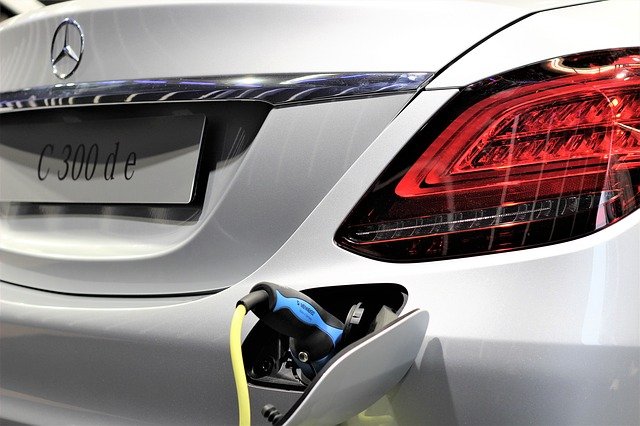
Top 10 questions electric vehicle (EV) drivers get asked
Research from British Gas has revealed the top 10 questions electric vehicle (EV) drivers get asked
A poll of 500 EV drivers found half (51%) get bombarded with questions once they reveal they drive a battery powered vehicle – with some being asked if ‘do you have to plan your journeys more carefully now?’
When quizzed on the myths associated with driving an EV, nearly eight in 10 (78 per cent) admitted to believing a misconception before owning one – which they now know not to be true.
There being too many different sockets on vehicles (39 per cent) and the electricity grid not being able to cope if everyone charged their car at once (34%) were among the common ones they believed before ditching fuel vehicles.
Others believed that EVs cannot travel far distances (37 per cent) and that they take a long time to charge (34%).
When pressed on charging challenges, nearly eight in 10 (79 per cent) of EV drivers said there is a need for more public charging points, and almost two thirds (63 per cent) have needed to stop mid-journey to recharge their car.
Henry Duff, head of net zero at British Gas, said: “EV adoption levels continue to rocket as more drivers realise the full potential of making the switch to electric.
“Yet, as demand for EVs intensifies, we must ensure that the UK’s charging network is ready for drivers to access reliable, convenient and easy to operate charge points. If we’re not careful, we could stall the good progress made to encourage more motorists to adopt EVs.”
TOP 20 COMMON QUESTIONS EV DRIVERS GET ASKED:
Do you charge your car at home?
How long does it take to charge the battery?
Have you ever not been able to find anywhere to charge your car?
Do you ever worry about the battery dying on you whilst driving?
Do you find you have to plan your journeys more carefully now?
Can you plug the power cable into a normal three-pin plug socket?
Is it fiddly to charge?
Does the car move slower when there is less battery?
Is it a lot slower than a traditionally-fuelled vehicle?
Who would you call if your car broke down? E.g. an emergency service such as the AA
Do you just not go on long car journeys anymore?
Do you continue to pay for electricity if the car is charging even when the battery is full?
Is it safe to go through a car wash?
Can people hear you better outside the car because there’s no engine noise? E.g. singing loudly, when on call?
Do you need a different driving license to own one?
Does it still need an MOT?
Can you still charge your car even if it’s raining?
Do you need to replace your battery every five years?
Which size batteries do they take?
Can you drive your car in the rain?
Information Source: Read More
ENERGY | ELECTRIC POWER | NATURAL GAS | AUTOMOTIVE | CLIMATE | RENEWABLE | WIND | TRANSITION | LPG | OIL & GAS | SOLAR | ELECTRIC VEHICLES| BIOMASS | SUSTAINABILITY | OIL PRICE |COMMODITIES | ELECTRIC POWER | NUCLEAR | LNG | REFINED PRODUCTS | SHIPPING|

